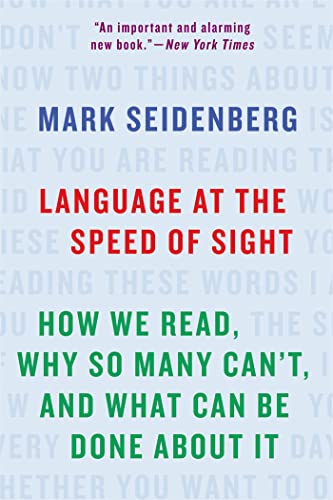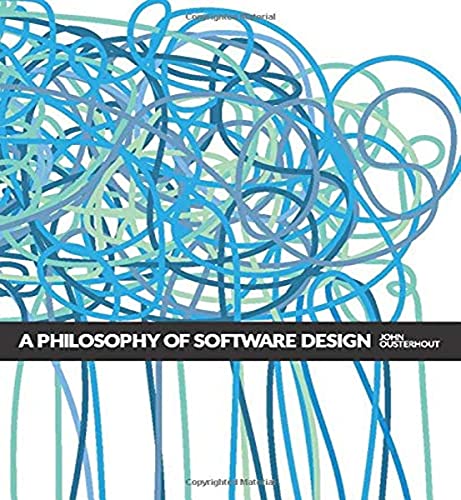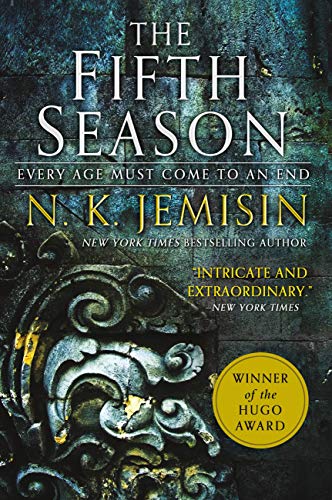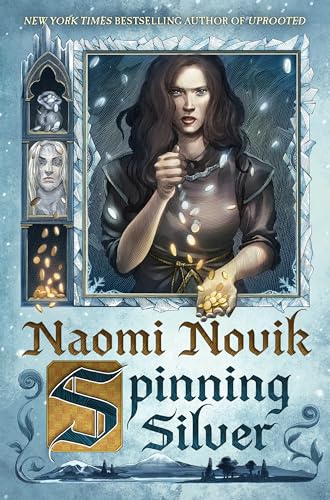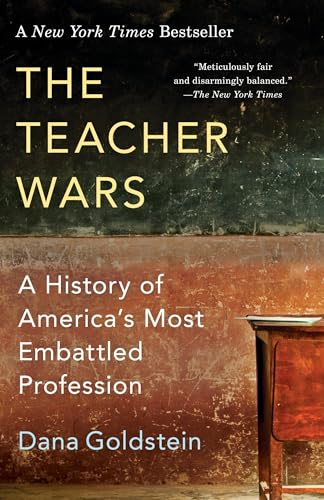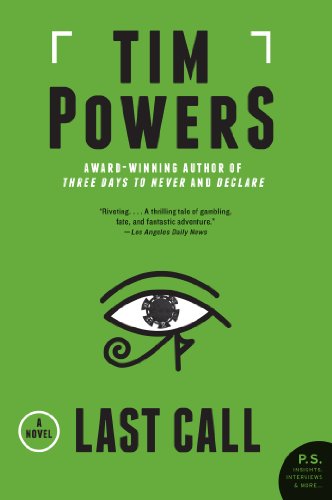My favorite books of 2020
#
Hey, it’s that time of year again, when I belatedly try to finish writing up my favorite books of the last year before the current year ends.
Language at the Speed of Sight: How We Read, Why So Many Can’t, and What Can Be Done About It, Mark Seidenberg
This is a fascinating book about reading and the disconnect between what scientists have learned about how reading works and how reading is taught in schools. I got interested in this book because before the pandemic, I was tutoring and I wanted to know more about teaching kids to read. It also gave me some perspective on how my daughter was being taught to read in her Transitional Kindergarten class. Seidenberg’s critique of educators ties into the controversies covered in The Teacher Wars, which I read later in 2020.
Seidenberg starts with a historical overview of the development of writing (an invention so groundbreaking that it has only developed a handful of times in all of human history!) and how different languages and their writing systems fit together. I found the distinction between “deep” and “shallow” orthographies interesting. Learning to read English is incredibly difficult, but English’s deep orthography makes it easier to deduce meanings of unknown words that don’t sound alike (for example, SIGN and SIGNATURE). Shallow orthographies are easier to read, but don’t help confer meaning. “In fact, people can accurately read entire texts aloud in shallow orthographies without knowing the language. I know this because I proved it at my bar mitzvah,” he writes.
After reviewing the science of how reading works based on physiology, studies of patients with dyslexia and other neurological conditions, and computer models, Seidenberg turns to education and the question of whether reading is taught effectively in the United States. His argument is an emphatic no, with the worst effects in those with lower socioeconomic status and those learning mainstream “school” English:
The impact of [socioeconomic status] on reading achievement is not the same in every country. To take an example from close to home, SES varies widely in both the US and Canada, but it is a stronger predictor of educational outcomes in the US.
…
When an English-language learner falls behind, it is attributed to the fact that they are still learning school English. A speaker of a minority dialect such as [African American English] may fall behind because they are still learning school English, but that is rarely how they are perceived.
If scientists understand how reading works and have developed effective methods of teaching it, why does the US lag so far in reading? Seidenberg puts the blame squarely on educators, or more precisely, those who train educators. He argues that education colleges are isolated from research (though whose fault is that?) and in these academic backwaters, reading gurus have taken hold, preaching methods of “literacy” (not reading) that have no backing in science.
A Philosophy of Software Design (1st edition), John Ousterhout
This thin volume has a lot of wisdom about software design. It challenged many of my preconceived notion and received wisdom. For example, Ousterhout argues against APIs with lots of small functions; instead a small API that accomplishes entire tasks is better. A second edition is now available, with a freely-available extract containing the new material.
The Fifth Season, N. K. Jemisin
This book deserves all the praise it gets. It’s a totally fresh perspective on the fantasy genre. I liked the sequels as well, but there’s something special about the first novel, because it drops you in this strange world without explaining anything and got my imagination going.
Spinning Silver, Naomi Novik
When the lockdown hit, I downloaded some ebooks. I don’t remember how I found Spinning Silver, but I’m glad I did. Spinning Silver and its companion novel Uprooted are set in a fantasy world based on Eastern European folk tales and mythology. Spinning Silver is unique in that its the only fantasy novel I’ve ever read that is told from a Jewish perspective. So much of swords-and-sorcery is based on a pseudo-middle ages Christendom setting, making it interesting to read a new spin on this.
The Teacher Wars: A History of America’s Most Embattled Profession, Dana Goldstein
Pretty much the whole time I’ve been politically aware, there has been a continuous debate over education in America. We’ve had No Child Left Behind, Teach for America, the charter school debate, desegregation and desegregation, Race for the Top, tracking and detracking, attacks on teachers unions, and more. What this book shows is that these debates and moral panics are not new, but have existed since the establishment of public schools in America. In fact, the source of these conflicts has deep roots in how public schools developed in the United States.
Goldstein shows that there have been repeating cycles of reform with many of the same ideas playing out again and again. It seems the failure to coalesce on an agreed upon “how” of education comes down to competing ideas about what education is for. Are teachers saintly missionaries, mother-substitutes who need little training and will work for cheap? Or should they be highly trained professionals? Is the point of education to prepare the masses for work, or to elevate them with a liberal arts education? Or should that be reserved for some gifted minority? And who qualifies as “gifted”?
Goldstein ends with a few education reform ideas that she thinks hold promise based on her research. However, she closes with probably the most important obstacle to reform: unlike most countries, the United States has no central education authority. There is no national teaching standards or curriculum. Every state, city, and school district makes its own decisions. Maybe the teacher wars will never end.
Last Call, Tim Powers
I’ve been on a bit of Tim Powers kick since reading On Stranger Tides. His fiction has been a little hit-or-miss for me, but I really enjoyed Last Call. It’s a kaleidoscopic modern fantasy novel that leaves you wondering what the heck is going on, while propulsively driving the plot forward. I think it will reward re-reading. It has many of Powers’s hallmarks (ancient myths and religion, magic, a secret world hidden in plain sight, and a drunk, self-destructive protagonist) but it’s not so much in the secret history category as many of his other books are. It’s part of a loose trilogy, so I will probably check out the other books.
My full list of books from 2020 is below. You can also review lists from previous years: 2006, 2007, 2008, 2009 (retroactive favorites), 2010 (retroactive favorites), 2011, 2012, 2013, 2014, 2015, 2016, 2017, 2018, and 2019.
Audubon: On the Wings of the World / Sur les Ailes du monde, Audubon, Fabien Grolleu and Jérémie Royer (translated by Etienne Gilfillan)
Alien 3: The Unproduced Screenplay, William Gibson, Johnnie Christmas, and Tamra Bonvillan
Language at the Speed of Sight: How We Read, Why So Many Can’t, and What Can Be Done About It, Mark Seidenberg
A Philosophy of Software Design, John Ousterhout
Count Zero, William Gibson
Lord Jim, Joseph Conrad
Sixteen Ways to Defend a Walled City, K. J. Parker
The Fifth Season, N. K. Jemisin
Dark State, Charles Stross
Spinning Silver, Naomi Novik
A Room with a View, E. M. Forster
Abraham Lincoln, Vampire Hunter, Seth Grahame-Smith
The Teacher Wars: A History of America’s Most Embattled Profession, Dana Goldstein
Uprooted, Naomi Novik
You’re Not As Crazy As I Thought (But You’re Still Wrong): Conversations between a Die-Hard Liberal and a Devoted Conservative, Phil Neisser and Jacob Hess
The Consuming Fire, John Scalzi
An Elegant Puzzle: Systems of Engineering Management, Will Larson
The Obelisk Gate, N. K. Jemisin
The Last Wish, Andrezej Sapkowski
The Last Emperox, John Scalzi
The Drawing of the Dark, Tim Powers
How To Be An Anti-Racist, Ibram X. Kendi
The Silver Pigs, Lindsey Davis
The Mother Tongue: English and How it Got that Way, Bill Bryson
Why Nations Fail: The Origins of Power, Prosperity, and Poverty, Daron Acemoglo and James Robinson
Crazy Rich Asians, Kevin Kwan
China Rich Girlfriend, Kevin Kwan
Rich People Problems, Kevin Kwan
The Murder at the Vicarage, Agatha Christie
Batman: Year One, Frank Miller and David Mazzucchelli
Howl’s Moving Castle, Diana Wyme Jones
Murder on the Links, Agatha Christie
Technically Wrong: Sexist Apps, Biased Algorithms, and Other Threats of Toxic Tech, Sara Wachter-Boettcher
All Creatures Great and Small, James Herriot
How Jesus Became God: The Exaltation of a Jewish Preacher from Galilee, Bart D. Ehrman
The Stone Sky, N. K. Jemisin
Century Rain, Alastair Reynolds
The Terror, Dan Simmons
Hogfather, Terry Pratchett
Coyote Waits, Tony Hillerman
Orient Express, Graham Greene
Women & Power: A Manifesto, Mary Beard
Last Call, Tim Powers
